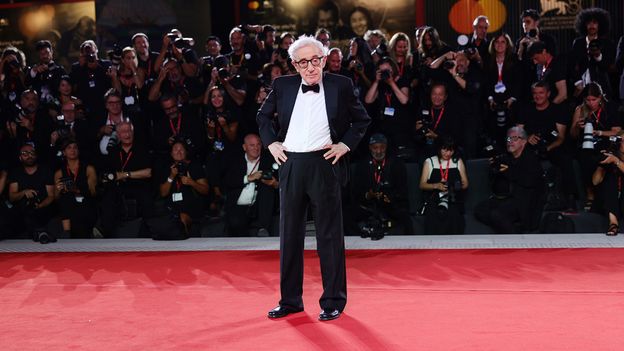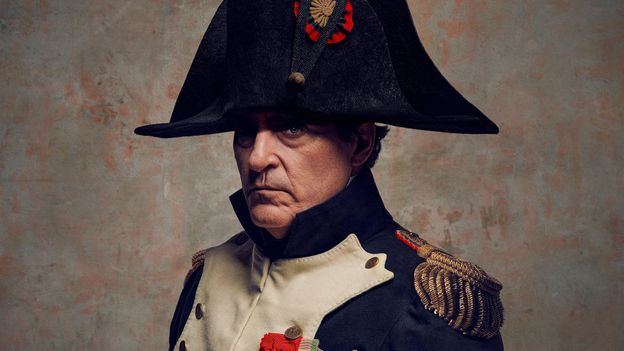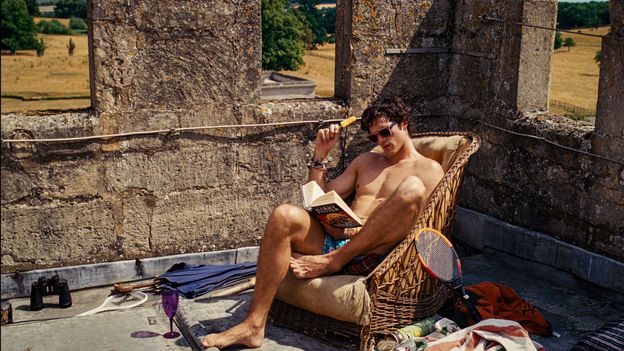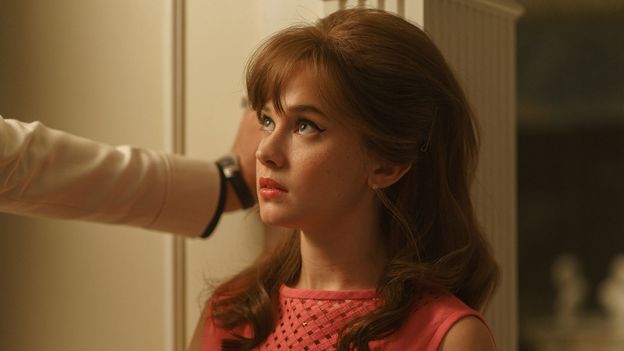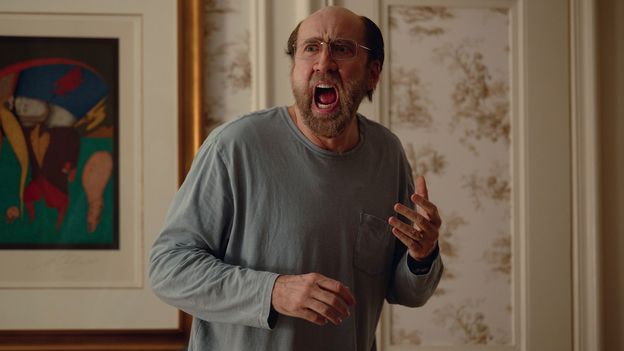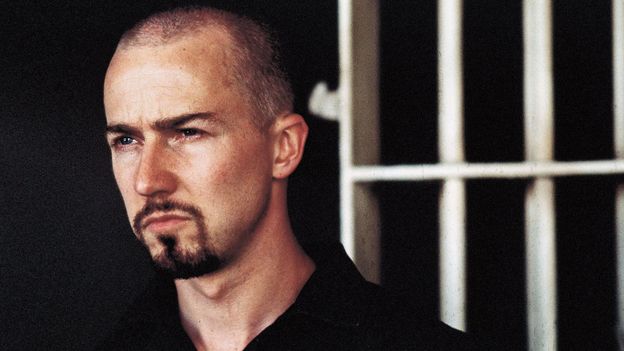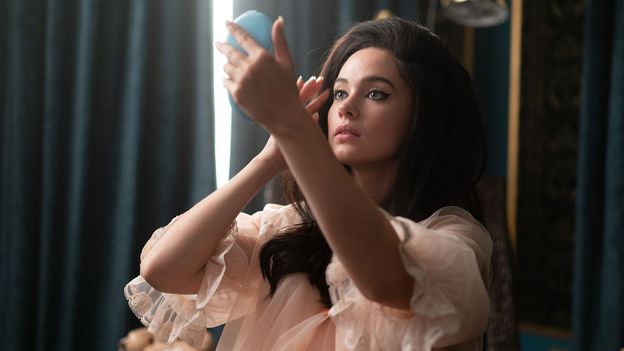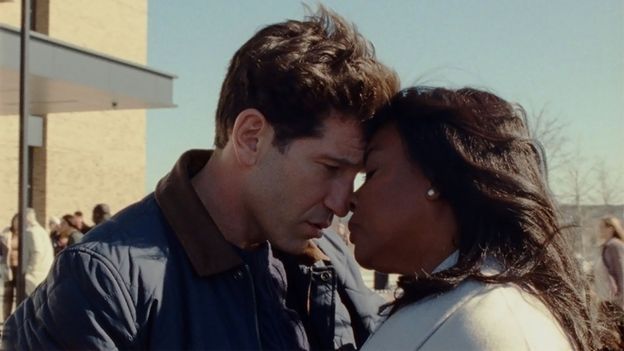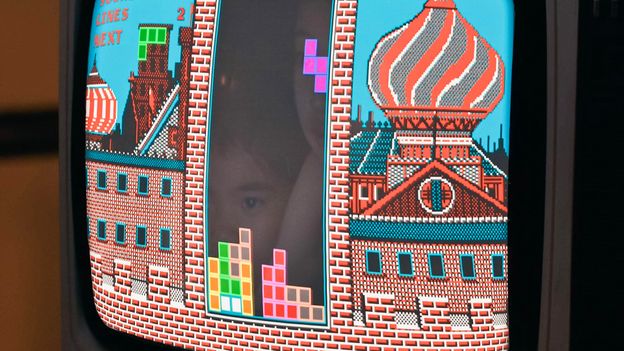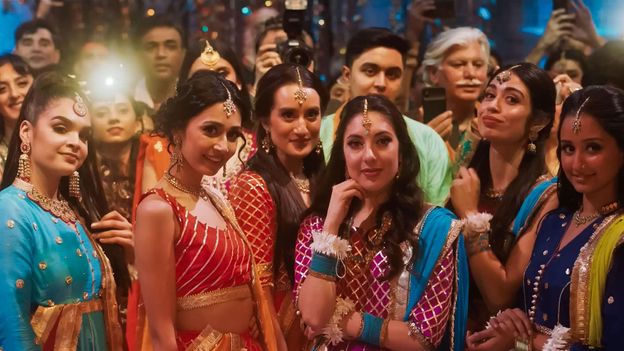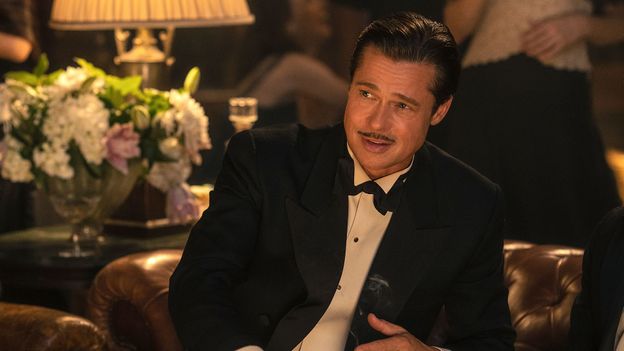Paradoxically, that same feeling − that these once-powerful men are now verging on irrelevance – could help to explain their appearance in Venice. Several journalists who spoke to BBC Culture said that they felt the directors were no longer making films that would be widely seen, their twilight works being shown to a few thousand discerning cinephiles in a rarefied setting. However, anonymous protest banners appeared at the Lido on Sunday morning, according to The Hollywood Reporter, criticising the directors’ inclusion in the festival, followed by the protests outside the premiere of Coup de Chance on Monday.
And although Allen’s film has been received relatively positively by critics – Rolling Stone called it “his best film in a decade” – some suggest that showing the men’s films might be a more suitable punishment than not showing them, as it could confirm their increasing irrelevance. Polanski’s The Palace, for example, turned out to be a stinker that was slated by every critic who saw it. One of those critics, The Evening Standard’s Jo-Ann Titmarsh, told BBC Culture that The Palace had, at a stroke, made it impossible for anyone to continue defending Polanski as a flawed genius. “If you don’t like Polanski,” she said, “Alberto Barbera has done you a favour by showing his film in Venice.”
If you liked this story, sign up for the weekly bbc.com features newsletter, called The Essential List. A handpicked selection of stories from BBC Future, Culture, Worklife and Travel, delivered to your inbox every Friday.
If you would like to comment on this story or anything else you have seen on BBC Culture, head over to our Facebook page or message us on Twitter.

